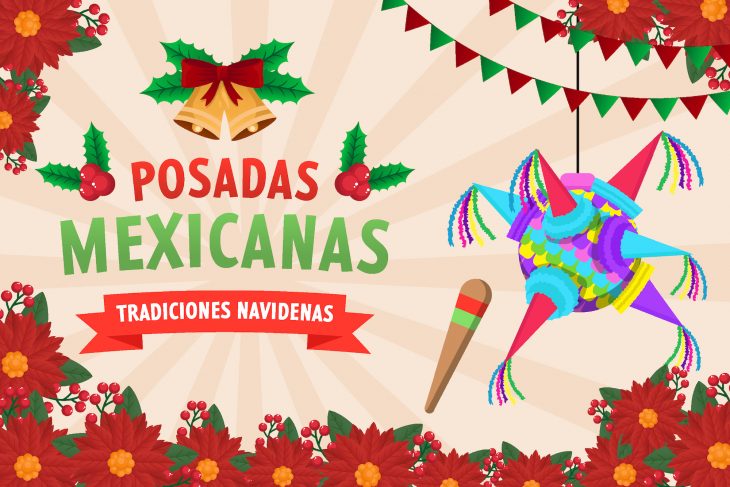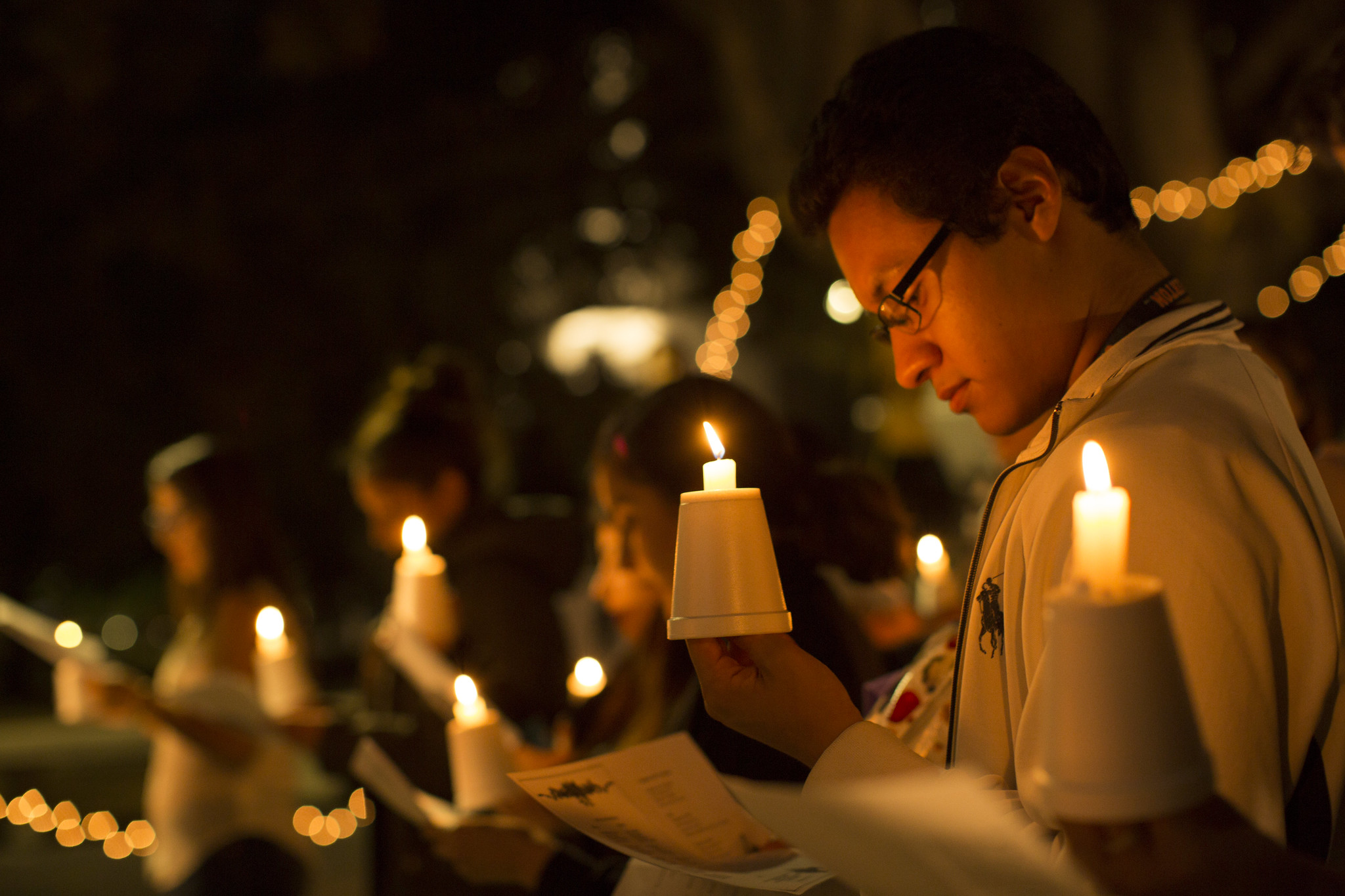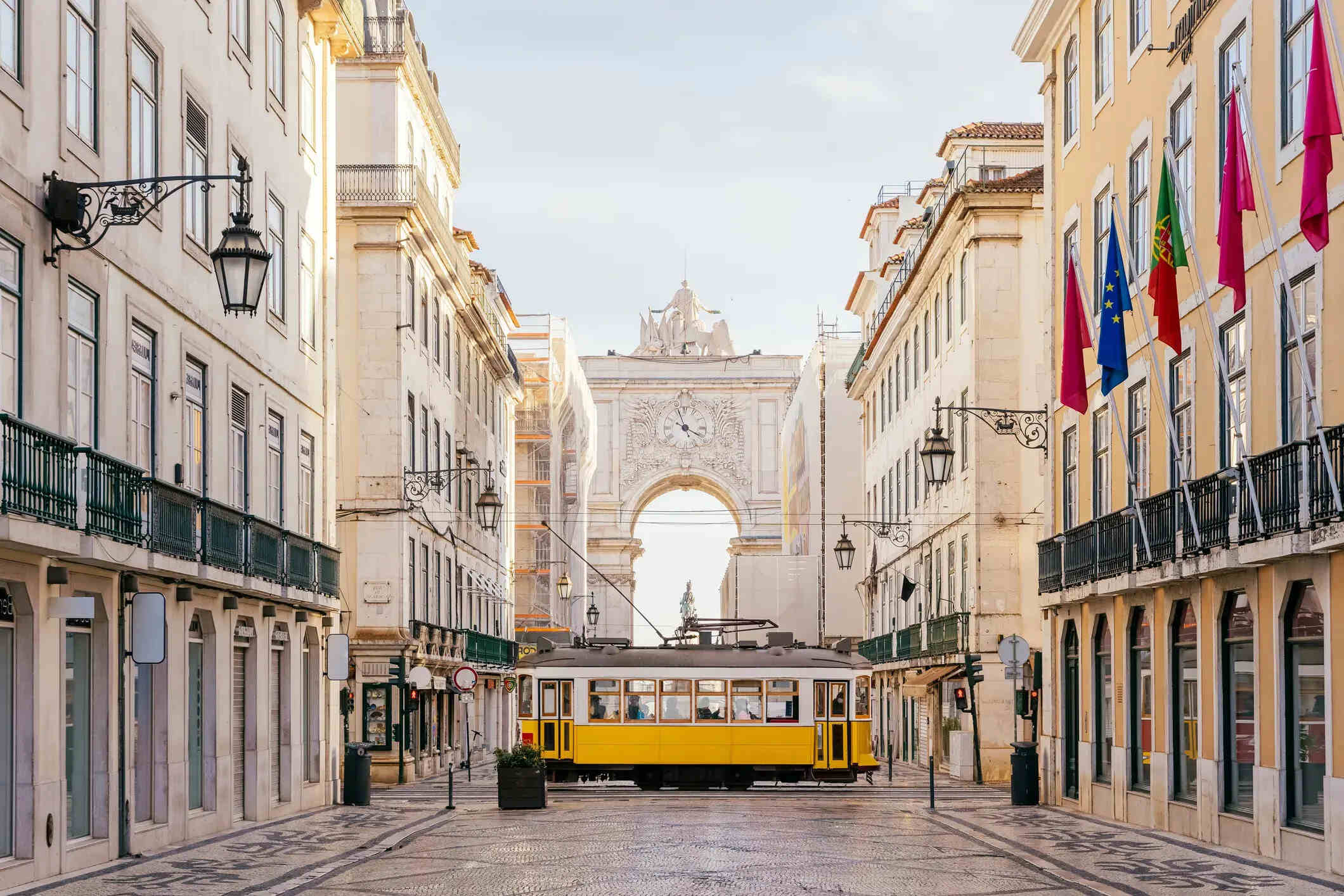
Las Posadas is a beloved celebration with a rich history. This Mexican tradition is popular among families and communities in North America, Central America, and the Caribbean. With usually nine nights of festivities, including traditional games like piñatas and colorful pinatas decorations inspired by “Las Posadas” characters, it can be difficult to really get to know the background behind this holiday season event that so many of us have come to recognize as part of our culture each year. From its deep religious roots to modern-day celebrations throughout Latin countries and all around the world – here are 19 facts about Las Posadas that will help you gain some insight into this fascinating Mexican holiday!
Historical Roots
Las Posadas originated in Spain and was brought to Mexico by Spanish missionaries in the 16th century. The tradition was intended to teach the story of the birth of Jesus in a way that was easy to understand and engaging.
What Does “Las Posadas” Mean?
“Las Posadas” translates to “the inns” or “the lodgings” in English. This term reflects the journey of Mary and Joseph in search of lodging before the birth of Jesus.
Nine Nights of Celebration
Las Posadas spans over nine nights from December 16 to December 24, symbolizing the nine months of Mary’s pregnancy.
Community Procession
Each night of Las Posadas, a procession reenacts Mary and Joseph’s journey. Participants go from house to house asking for shelter, with the hosts turning them away until they reach the designated “inn.
Role of the Piñata
One of the highlights of Las Posadas is the breaking of a piñata. Traditional piñatas are star-shaped with seven points, representing the seven deadly sins. Breaking the piñata symbolizes overcoming these sins.
Traditional Songs
Songs, known as villancicos, play an integral part in Las Posadas. These include traditional carols as well as unique songs specifically for the “asking for lodging” part of the procession.

Prayers and Novenas
Alongside the festivity, Las Posadas maintains a spiritual element. Each evening, participants often pray a novena—a series of prayers said over nine days—related to the Nativity story.
Children’s Participation
Children play a significant role in Las Posadas, often dressing as angels and shepherds. They might also play the parts of Mary and Joseph in the procession.
Traditional Foods
Las Posadas is a culinary delight. Foods such as tamales, buñuelos, atole, and ponche navideño, a warm fruit punch, are typically served at the celebrations.
Final Night: La Noche Buena
The last night of Las Posadas, known as La Noche Buena or “the Good Night,” culminates in a grand celebration, often including a midnight Mass to welcome Christmas Day.
Posadas in the United States
The tradition of Las Posadas has crossed borders and is now celebrated in parts of the United States, particularly in regions with large Hispanic populations.
Candlelit Processions
During the procession, participants often carry candles, lighting the way for Mary and Joseph, adding a warm glow to the festive proceedings.

Nativity Scenes
Many celebrations of Las Posadas include setting up intricate nativity scenes, depicting the birth of Jesus.
The Role of the Innkeeper
In the Las Posadas procession, the roles of the innkeepers are important. They are the ones who, after initially refusing, eventually offer shelter to Mary and Joseph.
Festive Decorations
Homes and streets are decorated with lanterns, Christmas lights, and colorful paper banners known as “papel picado.
Fireworks
In many regions, the end of each night’s Las Posadas celebration is marked by fireworks, lighting up the sky with festive cheer.
Symbolism of the Journey
The journey reenacted during Las Posadas symbolizes not just the biblical journey of Mary and Joseph, but also the journey of the human spirit towards acceptance and unity.
Beyond Mexico
Las Posadas is celebrated beyond Mexico in other Latin American countries like Guatemala and Nicaragua, though the customs may vary slightly.
A Blend of Cultures
Las Posadas represents a unique blend of cultures—incorporating pre-Hispanic traditions with Catholic influences brought by the Spanish.
Conclusion
Las Posadas is a beautiful tradition all over Latin America that celebrates love, understanding, and togetherness and it is one that should be embraced by us all! It’s important to remember the historical background of Las Posadas and have an appreciation for its cultural roots. But most importantly, it is a reminder to come together in joy, strength, and resilience in order to look forward to better days ahead. Whether you choose to celebrate with your family in traditional Mexican fashion or just simply want to learn more about this beloved holiday, take a moment this season and educate yourself on the inspiring stories of Las Posadas. With its combination of creativity, enthusiasm, and history – this event will be well remembered throughout time!
Was this page helpful?
Our commitment to delivering trustworthy and engaging content is at the heart of what we do. Each fact on our site is contributed by real users like you, bringing a wealth of diverse insights and information. To ensure the highest standards of accuracy and reliability, our dedicated editors meticulously review each submission. This process guarantees that the facts we share are not only fascinating but also credible. Trust in our commitment to quality and authenticity as you explore and learn with us.


